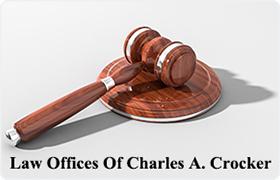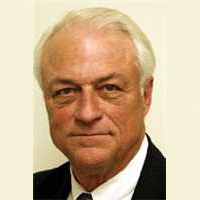 Hitchcock Wills & Probate Lawyers, Texas
Hitchcock Wills & Probate Lawyers, Texas
Sponsored Law Firm
-
 x
x

Click For More Info:
-
Law Offices Of Charles A. Crocker
1770 Saint James Place Suite 601 Houston, TX 77056» view mapEstate Law Treating People With Integrity & Respect
The cornerstone of my success is the quality relationship which I maintain with clients. I focus on intelligent legal representation & pledge to listen & communicate with clients.
800-884-5920
Includes: Estate Administration, Living Wills, Wills
Lawyers
1-10 of 10 matches
Business & Trade, Elder Law, Wills, Commercial Real Estate
Personal Injury, Criminal, Estate Planning, Wills, Immigration
Wills, Litigation, Real Estate, Commercial Real Estate
Real Estate, Mediation, Wills & Probate, Estate, Divorce & Family Law
Construction, Business & Trade, Wills, Non-profit



 Charles A. Crocker Houston, TX
Charles A. Crocker Houston, TX Practice AreasExpertise
Practice AreasExpertise